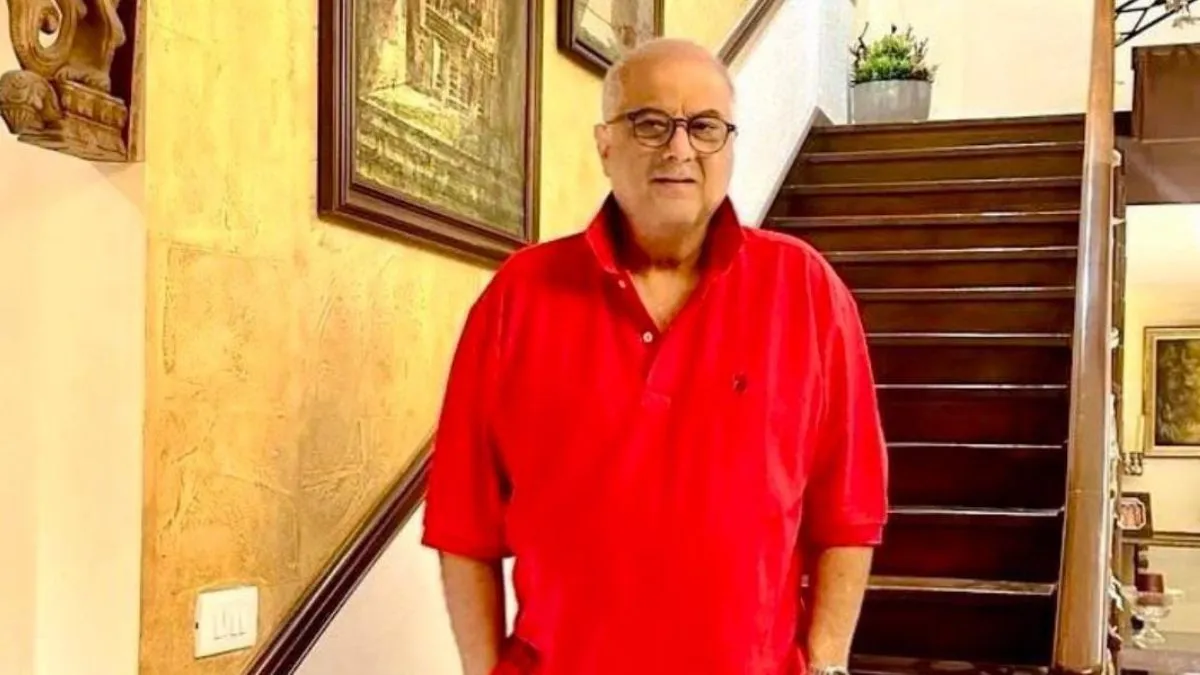- By Sahelee Rakshit
- Wed, 25 Dec 2024 06:03 PM (IST)
- Source:JND
Noida International Film City: The master plan for the construction of the first phase of the eagerly awaited Noida International Film City has been submitted by filmmaker Boney Kapoor and the Bhutani Infra-backed company Bayview Projects. Officials have stated that they hope to finish the work within three years after approval. On Tuesday, Kapoor delivered the master plan for Bayview Projects to the Yamuna Expressway Industrial Development Authority (YEIDA).
YEIDA CEO Arun Vir Singh confirmed receiving the master plan and told reporters, "It will be our endeavour to ensure that the plan is approved at the earliest if it conforms to all norms and guidelines."
The Uttar Pradesh government's ambitious project would be constructed in Sector 21 of YEIDA, along the Yamuna Expressway near Delhi, on 1,000 acres of land in a public-private collaboration. In the first phase, about 230 acres will be developed.
Out of the four bidders, Bayview Projects won the bid on January 31 and offered the Uttar Pradesh government the largest revenue share (18%).
Speaking to the media alongside Singh, Boney Kapoor outlined his plans for the growth of the film city, highlighting its potential to transform Indian cinema and draw in international talent. According to Kapoor, the project's initial phase would involve building a dedicated film university and sound stages.
"The university is being built to train talent from across the country, particularly Uttar Pradesh, enabling individuals to come with a script and leave with a complete film," Kapoor said.
According to him, the facilities would cover every facet of production, including post-production. He said, the first phase, which is expected to be finished in three years, would provide the groundwork for the film city's growth. Kapoor intends to extend an invitation to international filmmakers to make use of the facilities.
Noida International Film City: Facilities
Kapoor listed a number of the film city's most notable characteristics, including underwater production facilities and virtual studios. According to him, there will also be a special floor with cutting-edge technology that will take the place of conventional green screens and allow actors to see scenes on LED screens in real-time. Additionally, he said, there would be enormous water tanks for filming intricate underwater shots and ship-based scenarios.
In a structure modeled after Parliament's visitor galleries, Kapoor hopes to allow the public to watch live filming and, at their convenience, speak with directors or actors during breaks.

